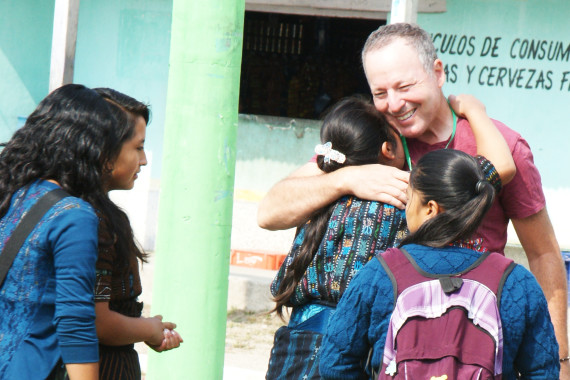
A few years ago I was invited to China to teach a master workshop on facilitation and leadership. During the first day I was invited by several of the students to join them for lunch. We sat at a large round table that the waiters soon filled with an array of mouth-watering dishes – roasted duck, stir-fried beef, drunken noodles, and giant scallops. As the aroma wafted toward me, I waited politely for some kind of signal to begin. For 15 minutes I waited. But nobody made a move toward the food. Finally, ready to pass out, I leaned over and whispered to one of the students, “Why are we waiting to eat?” He smiled and said, “We are waiting for YOU, our honorable teacher to take the first serving.” Had I not asked about what was happening, I think we’d all still be sitting around that table, staring at that feast.
This moment suspended between hunger pangs and politeness was a reminder for me that understanding the local context matters. Social norms, political dynamics, and cultural assumptions differ from place to place. Solutions and approaches that get us great results in one context make no sense in others because they fail to take into account the local realities on the ground.
It is this same contextual understanding that informs every aspect of our work at Reading Village. After decades of experience in rural Guatemala, we appreciate the unique cultural, social, political, and economic context of the Mayan teens with whom we work. This understanding informs how we go about training, mentoring, and supporting them as young leaders. Here are two examples:
Because we take the local realities into account, our impact in the teens’ lives is profound. A fourteen-year old girl walks into her first workshop with eyes to the floor, whispering her answers, and doubting whether anything she does could make a difference in her town. Within a month, she is speaking confidently with her peers, skillfully leading weekly reading activities with a group of 20 children, and proving to herself something she never imagined — that she is someone who can make an impact on the lives of others. Within four years, as she walks through her town with her head held high, she is known and respected as a la promotora de lectura – literally translated to “the reading promoter.” But in the local context it really means, someone people around here respect and admire.
By: Larry Dressler, Board Member and Co-founder of Reading Village
Category: Guatemala
Tags: Leadership, literacy, Youth Development